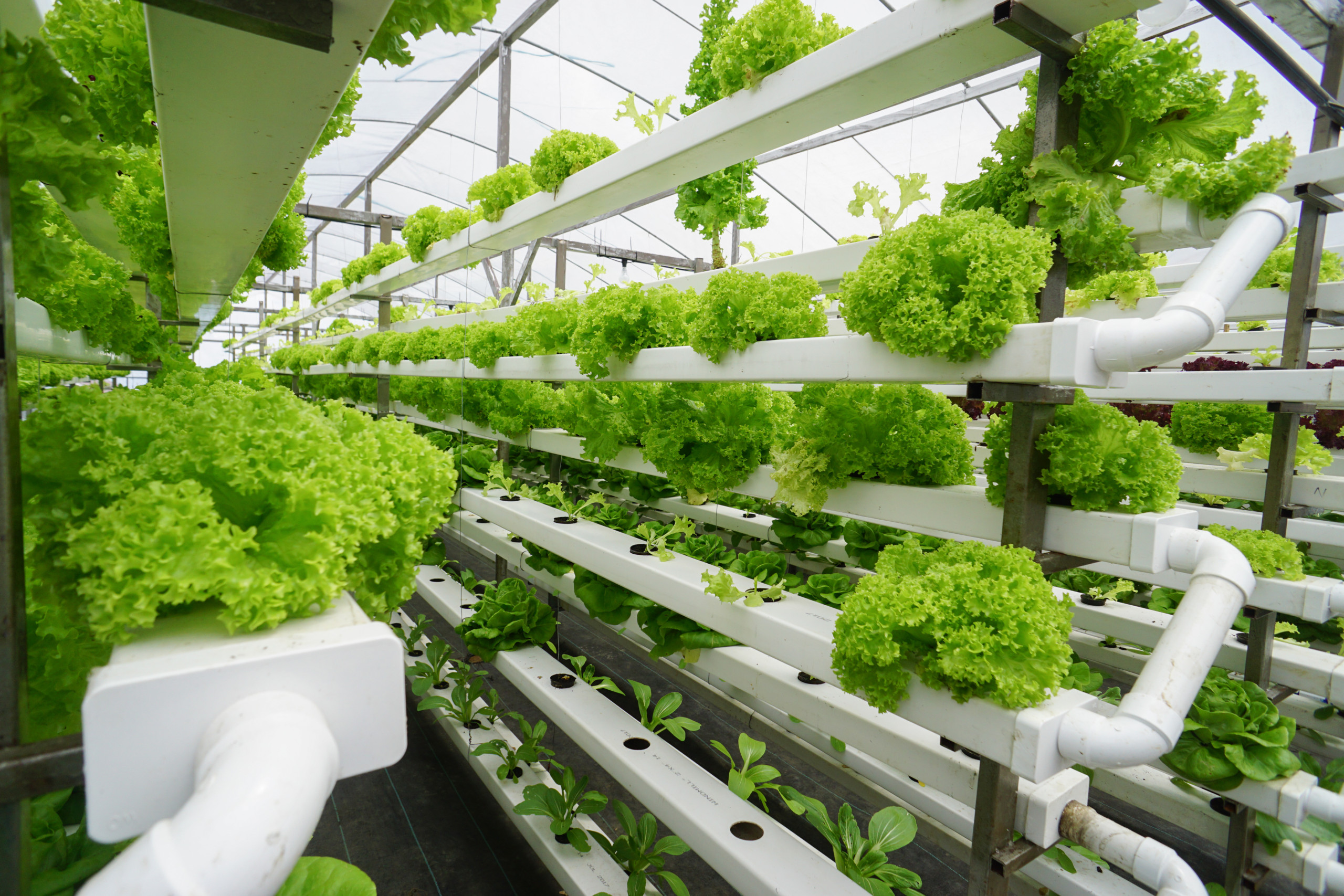
An aquaponic garden using PVC pipe
The Future of Sustainable Prison Gardens Using PVC Piping
By Marilyne Njuraita
The United States is well known as the land of the free, yet it holds the record for the largest incarcerated population in the world. Globally, the United States has the highest prison population, with more than 2 million, as well as the highest incarceration rate at 698 people per 100,000. Additionally, the recidivism–relapse back into crime–rate is high with 5 out of 6 individuals returning to prison within nine years of their release. This has created a cycle that rotates these justice-impacted individuals in and out of prison. Fortunately, there are programs being implemented to lower these statistics. One such program includes horticultural therapy, using sustainable prison gardens as a reforming agent. Many states have programs like these, but one Texas prison is pushing sustainability with fish droppings and PVC/vinyl pipes.
Multiple studies have been conducted on what programs are most effective in preparing individuals for reentry into society, and horticultural therapy is one proven pathway that can benefit both an inmate’s psychological and physical wellbeing. A necessary part of an inmate’s preparation for reentry and reformed success following their release. This is done by the creation and implementation of educational and vocational rehabilitation training within the prison. It is currently being practiced in 15 states through horticulture, landscaping, and master gardener training programs that provide them with the skills to prosper after prison. Standing out from all the rest, Michael Unit prison is practicing horticulture therapy while sustainably producing food for inmates, food banks, homeless shelters and children’s homes.
Aquaponics: How Does It Work?
An aquaponics farm unites both fish and plant power to grow fresh produce. On the farm, tanks hold the fish and collect fish waste, which is then pumped through pipes to the plants. The plants use the nutrients from the fish droppings to grow while purifying the water for the fish tank. This system replicates the relationship between water, aquatic life, bacteria, nutrient dynamics, and plants which grow together naturally in waterways all over the world.
Three years ago, Michael Unit, one of the largest maximum-security prisons in Texas, rarely had fresh greens for their residents. But with their aquaponic farm in Anderson County they will eventually grow enough vegetables to feed all 3,800 residents. The global and prison population are steadily growing and there is an increasing need to grow food efficiently and sustainably throughout the world. This need is recognized by the prison and addressed by their aquaponics system that has fish and vegetables growing together using minimal space. This reform program takes a sustainable approach as it uses 90 percent less water than traditional agriculture and removes pesticides and chemical fertilizers. This is done by rows of PVC pipes that hold heads of lettuce with fish waste-enriched water flowing through the plant’s roots.
These PVC pipes are the foundation for the aquaponics farm. They provide a structure for the plants, and a long-standing guarantee against corrosion Just like outside prison walls, vinyl’s overall durability has made PVC pipes not only a popular choice, but the best choice for many types of projects. It is already in use in many ways, like water delivery to other underserved communities in need of clean water access, or city-wide piping for sewage transport. And now it is supporting this reform program that aims to lower the country’s high recidivism rate by being the durable material necessary for their sustainable prison garden.
The aquaponics farm at the Michael Unit is a great example for how sustainably and locally grown food can be accomplished around the world with the help of PVC pipes. Other prisons, jails, and juvenile centers can learn from this Texas prison by investing in more reform programs and implementing sustainable practices like aquaponics farms with PVC piping.
